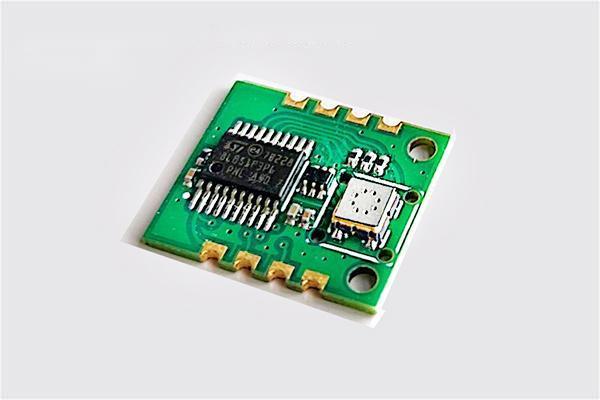What is Ethylene Gas? Why Should We Monitor It?

Ethylene gas is a natural plant hormone that plays a crucial role in the ripening, aging, and senescence processes of fruits, vegetables, and flowers. It is produced by plants themselves as well as by certain microorganisms. Ethylene is odorless, colorless, and tasteless, making it imperceptible to humans without specialized equipment.
Here are some key reasons why monitoring ethylene gas is important:
-
Ripening Control: Ethylene is a key regulator of fruit ripening. Fruits such as bananas, tomatoes, and avocados produce ethylene as they ripen, which triggers various physiological and biochemical changes leading to softening, color changes, and flavor development. By monitoring ethylene levels, especially in storage and transportation environments, one can manage the ripening process more effectively, prolonging shelf life and reducing spoilage.
-
Quality Assurance: Ethylene can accelerate the ripening and decay of produce, leading to reduced quality and shelf life. By monitoring ethylene levels, particularly in storage facilities and during transportation, one can identify and mitigate conditions that promote ethylene-induced deterioration, thereby maintaining the quality and freshness of perishable goods.
-
Supply Chain Management: Ethylene monitoring is crucial in supply chain management, particularly in the agriculture and food industries. By tracking ethylene levels throughout the supply chain, from harvesting to distribution to retail, stakeholders can optimize storage conditions, transportation routes, and handling procedures to minimize ethylene exposure and maximize the marketable lifespan of products.
-
Food Safety: In some cases, high concentrations of ethylene gas can lead to the over-ripening and spoilage of fruits and vegetables, potentially creating conditions conducive to the growth of harmful microorganisms or production of undesirable metabolites. Monitoring ethylene levels helps prevent such scenarios, thus contributing to food safety and reducing the risk of foodborne illnesses.
-
Environmental Monitoring: Ethylene emissions from various sources, including industrial processes, vehicles, and biomass burning, can contribute to air pollution and environmental degradation. Monitoring ethylene concentrations in the atmosphere is important for assessing air quality, understanding its impact on ecosystems and human health, and developing strategies to mitigate its emissions.
Overall, monitoring ethylene gas is essential for ensuring the quality, safety, and marketability of fresh produce, as well as for managing environmental and health risks associated with ethylene emissions.



